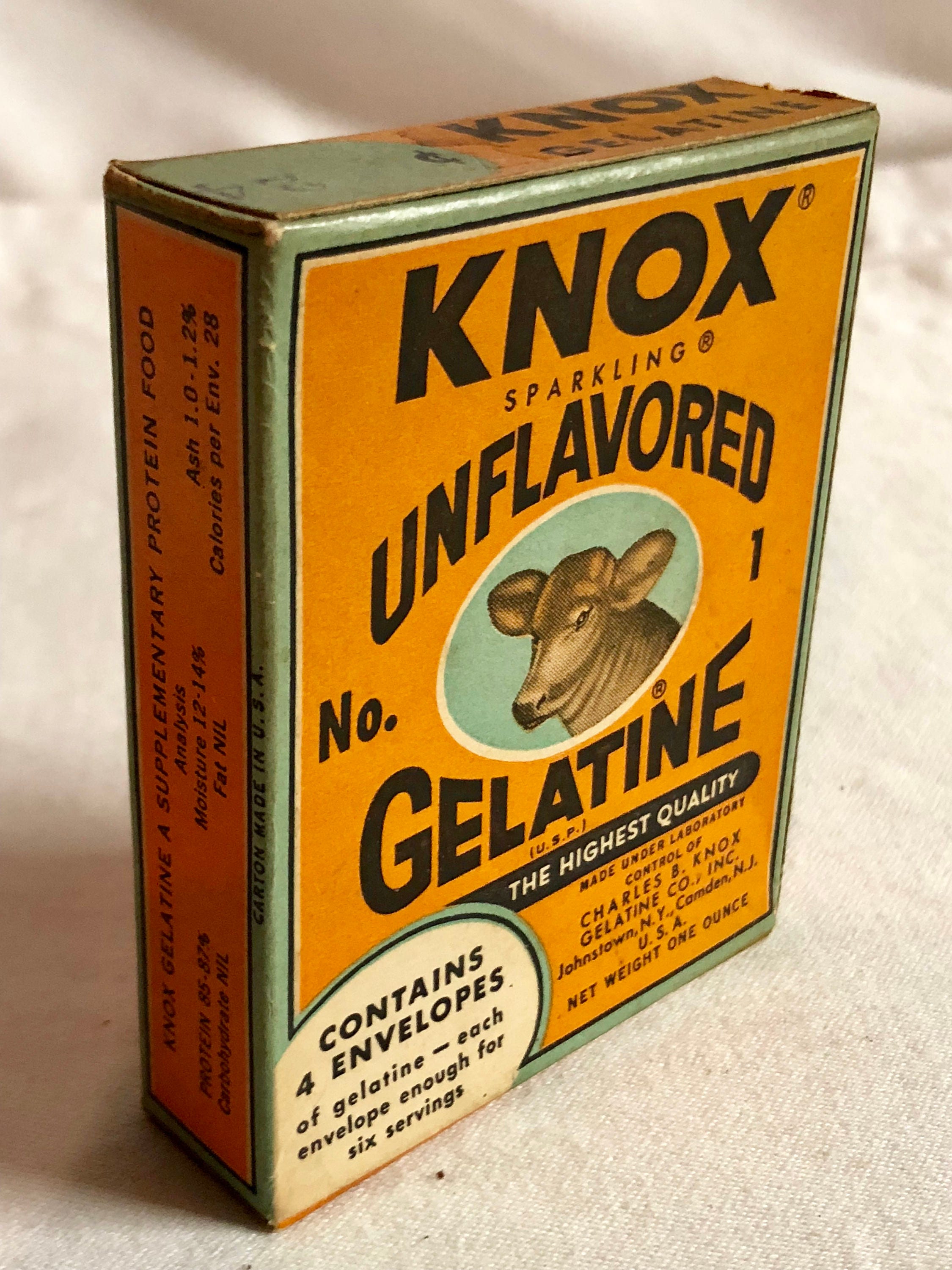

Because collagen is low methionine, so it has the potential to displace higher methionine-containing proteins in the diet, deepening deficiency. As well, undermethylators tend to have a genetic methionine (amino acid) deficiency. Undermethylators tend to have a genetic predisposition towards low serotonin (happiness hormones) and low dopamine (pleasure hormone). It's been reported that regular gelatin and collagen intake can contribute to anxiety, insomnia and decreased mood in some people, and I suspect this has genetic connections to undermethylation.

6) Gelatin and collagen intake can cause anxiety, insomnia and decreased mood in some people (take heed) Using these tips can help you incorporate gelatin and collagen hydrolysate into your diet without experiencing constipation, bloating, and digestive problems. This makes it a good choice for using it like a protein powder. Collagen hydrolysate (green can) is cold water-soluble, does not make things gel, and easier to digest than the regular.

Only use this one in SMALL quantities like making a dessert or something that gels (gummies, etc). Regular gelatin (red can) is hot water-soluble, makes things gel, and is harder to digest. I get a lot of questions about substituting one type for another in recipes, and it's not a good idea. They have a different chemical structure and serve different purposes in the kitchen. 5) Regular gelatin and collagen hydrolysate are NOT interchangeable. Since gelatin and collagen provide protein, it's important to eat it with carbohydrates and fats in order to stimulate strong digestive juices and allow the body the fuel to use the protein properly. 4) Eat gelatin or collagen with carbohydrates and fat for the best digestion. Collagen on the other hand has gone through an additional stage of processing that renders it hot and cold soluble and it will not make a fluid gel. This is especially important for regular gelatin which is only hot water-soluble. 3) Dissolve it.īoth gelatin and collagen hydrolysate should be properly dissolved in fluid.
#Knox gelatin how to
If your digestion needs some work, get all my tips for how to fix your gut here. Very weak digestion: bone broth (however, if you have a digestive condition like SIBO, you may not be able to tolerate bone broth made from cartilage at all due to it being a high FODMAP food).Weak digestion: collagen hydrolysate, bone broth.Strong digestion: regular gelatin (dissolved only in desserts, snacks, etc.), collagen hydrolysate, and bone broth.This is what I've found works best with my clients: 2) Choose the type of gelatinthat fits your digestive abilities. Ray Peat, PhD., gelatin or collagen can make up to about to 30% of total protein intake, so for the average person that is about 3-6 tablespoons per day (1 tablespoon is 6 grams of protein). If you have a digestive condition like IBS or IBD, you may have to go even slower, or you may not tolerate it at all.Īccording to Dr. Start with a small serving ½-1 tablespoon per day and slowly increase your dose every few weeks as tolerated. The primary amino acid in gelatin and collagen is glycine, and it is needed in abundance to fuel detoxification in the liver, particularly phase 2.Īccording to Peter Bennet in The 7 Day Detox Miracle Solution, "Glycine is a non-essential amino acid that the body uses for detoxification reactions in the liver."Įating too much too quickly can overwhelm your body, and do more harm than good. If you've ever overdosed on gummy bears, sweet and sour protein bites, or overdosed on collagen the first time you used it, you MAY already know what I'm about to talk about! 1) Eating too much gelatin or collagen and/or using the wrong kind for you can cause digestive upset-> constipation, pain, excessive fullness, bloating and lack of appetite. Gelatin and collagen are all the rage right now - and for GOOD reason, but there are some not-so-widely known facts that I would like to share with you.


 0 kommentar(er)
0 kommentar(er)
